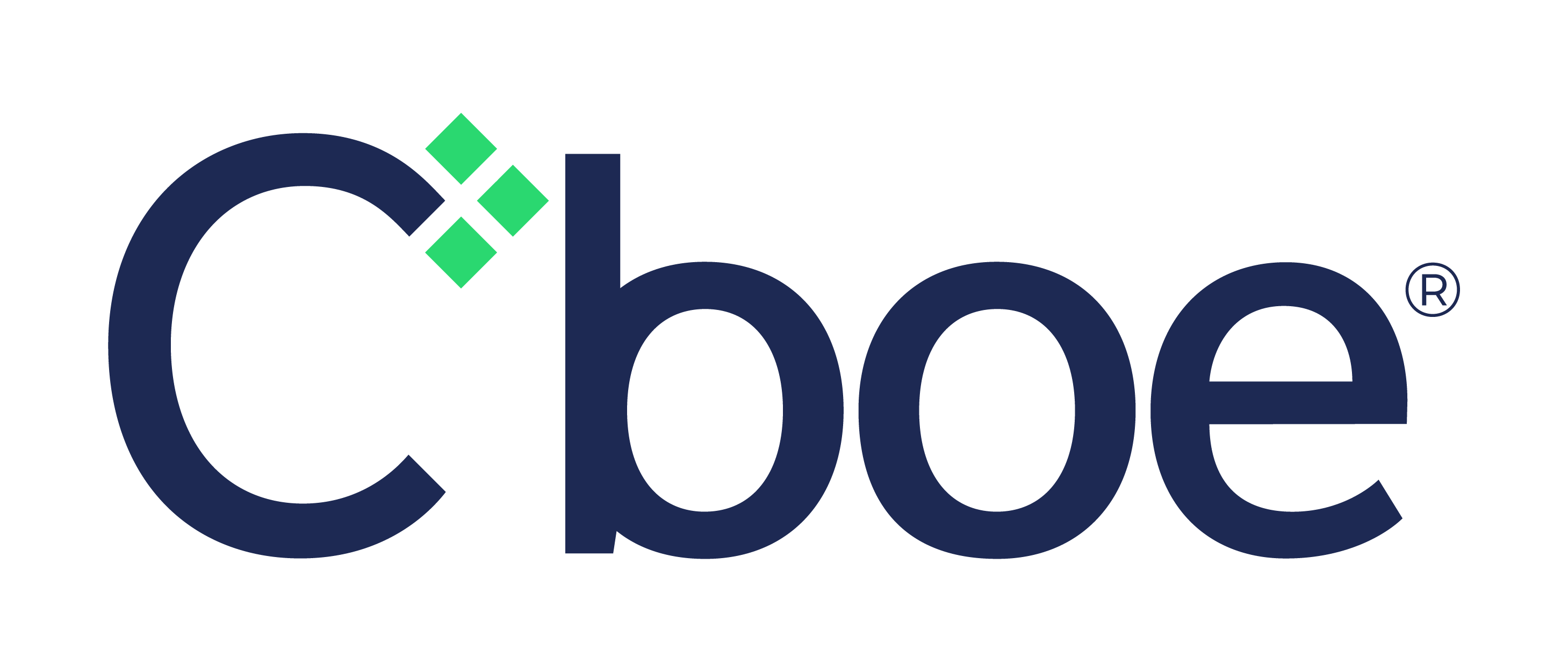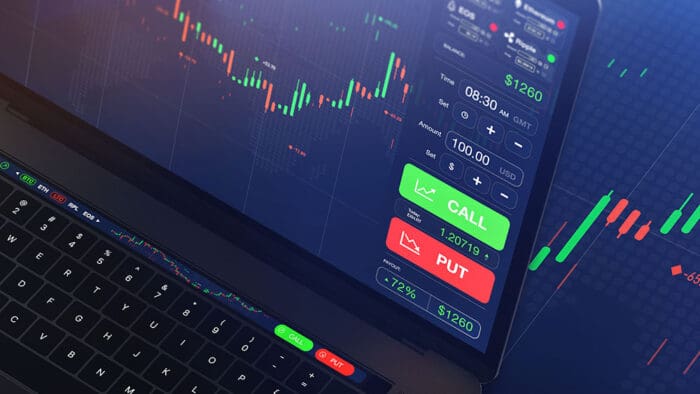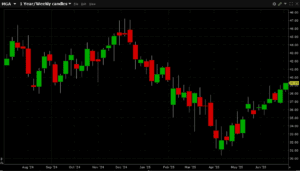Stocks are headed for their worst day in years as harsher-than-anticipated tariff announcements derail global growth prospects and corporate earnings expectations. President Trump charged ahead yesterday with blanket duties on all countries and delivered heavier measures on nations that maintain levies on the US. Additionally, the cabinet considered trade barriers and currency manipulation tactics when assigning the retaliatory actions, which the Commander in Chief defended by approaching the White House’s Rose Garden with a board comparing new fees to those that other jurisdictions impose on US products. Cross-border charges entering the US appeared to be about half in most instances. The President argued that the lower US numbers are evidence that he wasn’t being draconian since the hurdles imposed by America are still far less than those applied by foreign counterparts. Meanwhile, the resulting rise in recession odds has investors running for the hills as they unload shares, commodities and the greenback while they play defense by scooping up equity volatility protection, Treasurys and forecast contracts. Indeed, the turbulence has traders reaching for the short end of the Treasury complex, as the yield curve shifts in bull-steepening fashion while rate watchers price in a Fed reduction this June.
Economic Calendar Doesn’t Offer Optimism
Turning to the economic calendar, data releases did little to offer market participants much optimism on this nasty day for risk assets. ISM reported a sharp slowdown in services activity occurred last month amidst sticky inflation while continuing unemployment claims jumped to their highest level in 40 months.
Services Sector Misses Expectations
Services sector momentum decelerated last month with survey respondents feeling especially apprehensive about trade conflicts and government spending cuts. The Institute for Supply Management’s (ISM) Purchasing Managers’ Index for Services dropped to 50.8 in March, below the median estimate of 53 and February’s 53.5 reading but still above the expansion-contraction threshold of 50. Weighing on the headline were new purchases, order backlogs, employment and exports coming in at 50.4, 47.4, 46.2 and 45.8. Meanwhile, weaker demand didn’t do much to alleviate cost pressures, with the prices component remaining at an elevated 60.9, slowing slightly from the 62.6 in the previous period.
Job Market Appears to Soften
Continuing unemployment filings offered further evidence of softening labor conditions, with the indicator reaching its highest level since November of 2021. Continuing claims rose to 1.903 million for the week ended March 22, exceeding the 1.860 million projection and the 1.847 million from the prior 7-day period. Initial applications declined, however, to 219,000 for the week ended March 29, lighter than the expected 225,000, which would’ve been unchanged from the previous time span. The bifurcated performances led to four-week moving average trends shifting in opposite directions, from 224,250 and 1.868 million to 223,000 and 1.871 million.
Risk Assets Spiral Downward
Stocks, commodities and the greenback are getting absolutely creamed as the Trump administration seeks to restructure trade and restore American manufacturing with aggressive trade policies. All major, domestic equity benchmarks are plummeting with the Russell 2000, Nasdaq 100, S&P 500 and Dow Jones Industrial gauges losing 6.2%, 4.7%, 4.1% and 3.4%. The only sectors catching bids are the group of defensives: consumer staples, utilities and health care are higher by 1.4%, 0.3% and 0.1%. The other 8 major segments are diving and led south by energy, technology and consumer discretionary, which are plunging 6.3%, 6.2% and 5.7%. Treasurys are experiencing interest across the curve with the 2- and 10-year maturities changing hands at 3.72% and 4.03%, 12 and 10 basis points lighter on the session. Softer borrowing costs and concerns of US recession are sending the dollar to the basement as well, as its index loses 2%. The American currency is depreciating versus most major counterparts, including the euro, pound sterling, franc, yen, loonie and Aussie tender, but it is appreciating against the yuan. Commodities are also being slaughtered on demand fears, with lumber, crude oil, silver, copper and gold lower by 6.7%, 6.2%, 5.6%, 3.4% and 1%. WTI crude is trading at $66.29 per barrel, not just because of recession worries, but also due to anecdotal evidence suggesting that OPEC+ acquiesced to President Trump’s request for more production. The cartel responded with an increase of 411,000 barrels per day (bpd) starting in May, but the market projected a raise of only 140,000 BPD.
Short-Term Headwinds and Long-term Opportunity
Today’s historic selling pressure in stock markets is not an overreaction, considering that recessions have generated significant drawdowns in equities in the past. An economic downturn is now an even chance, with odds rising the longer these trade measures are maintained by the administration. Meanwhile, the White House has accepted the risks of a painful transition and is increasingly focused on medium and long-term horizons to achieve the difficult goals of manufacturing onshoring and fiscal balance. But the short-term is looking especially gloomy, as cost pressures stemming from tariffs and austerity measures serving to reduce public sector employment and social programs are powerful forces that pose strong headwinds to consumer spending, hiring and business investment.
International Roundup
Euro Area PPI Lower than Expected
The euro area Producer Price Index (PPI) climbed 0.2% month over month (m/m) in February, easing from 0.7% in the preceding month and coming in below the 0.3% anticipated. On a y/y basis, the PPI climbed 3%, accelerating from the 1.7% rate in January. Wholesale price increases within the euro area, which consists of 20 European Union countries that use the euro currency, were led by intermediate goods, with stickers up 0.4% m/m. Other increases occurred as follows:
- Energy, 0.2%
- Capital goods, 0.2%
- Non-durable consumer goods, 0.1%.
Conversely, costs of durable consumer goods dipped 0.1%.
Canada Hit with Surprise Trade Deficit
After producing a C$3.13 billion trade surplus during the first month of 2025, Canada’s February imports outpaced exports by C$1.52 billion. The value of exports dropped from C$74.2 billion to C$70.1 billion while imports increased from C$71 billion to C$71.6 billion. The country’s trade surplus with the US dropped from an all-time high of $13.7 billion in January to C$10.6 billion, primarily due to American businesses frontrunning orders to avoid tariffs. Exports to other countries also declined.
Chinese Services Sector Strengthens
China’s Caixin Services PMI climbed from 51.4 in February to 51.9 last month, depicting an acceleration in expansion as indicated by readings above 50. The gauge also exceeded the analyst consensus estimate of 51.6. Business activity, new orders and optimism about future output all strengthened, but businesses expressed concerns about deflation and China’s shrinking job market. The gain in the services sector environment comes as Chinese officials are seeking to stimulate the country’s ailing economy, having recently announced a $71.6 billion capital infusion into a handful of banks.
Australia Trade Surplus Falls
Australia’s trade balance fell from A$5.2 billion in January to A$3 billion in February with exports declining 3.6% m/m and imports higher by 1.6% m/m, according to the Australian Bureau of Statistics. Analysts anticipated February would produce a A$5.6 billion surplus. In comparison, the country’s trade surplus hit A$7.5 billion in February of last year. The export weakness was driven by a fall in non-monetary gold while increased demand for capital goods supported import volumes.
Disclosure: Interactive Brokers Affiliate
Information posted on IBKR Campus that is provided by third-parties does NOT constitute a recommendation that you should contract for the services of that third party. Third-party participants who contribute to IBKR Campus are independent of Interactive Brokers and Interactive Brokers does not make any representations or warranties concerning the services offered, their past or future performance, or the accuracy of the information provided by the third party. Past performance is no guarantee of future results.
This material is from IBKR Macroeconomics, an affiliate of Interactive Brokers LLC, and is being posted with its permission. The views expressed in this material are solely those of the author and/or IBKR Macroeconomics and Interactive Brokers is not endorsing or recommending any investment or trading discussed in the material. This material is not and should not be construed as an offer to buy or sell any security. It should not be construed as research or investment advice or a recommendation to buy, sell or hold any security or commodity. This material does not and is not intended to take into account the particular financial conditions, investment objectives or requirements of individual customers. Before acting on this material, you should consider whether it is suitable for your particular circumstances and, as necessary, seek professional advice.
Disclosure: Futures Trading
Futures are not suitable for all investors. The amount you may lose may be greater than your initial investment. Before trading futures, please read the CFTC Risk Disclosure. A copy and additional information are available at the Warnings and Disclosures section of your local Interactive Brokers website.
Disclosure: ETFs
Any discussion or mention of an ETF is not to be construed as recommendation, promotion or solicitation. All investors should review and consider associated investment risks, charges and expenses of the investment company or fund prior to investing. Before acting on this material, you should consider whether it is suitable for your particular circumstances and, as necessary, seek professional advice.


















Join The Conversation
If you have a general question, it may already be covered in our FAQs page. go to: IBKR Ireland FAQs or IBKR U.K. FAQs. If you have an account-specific question or concern, please reach out to Client Services: IBKR Ireland or IBKR U.K..
Visit IBKR U.K. Open an IBKR U.K. Account